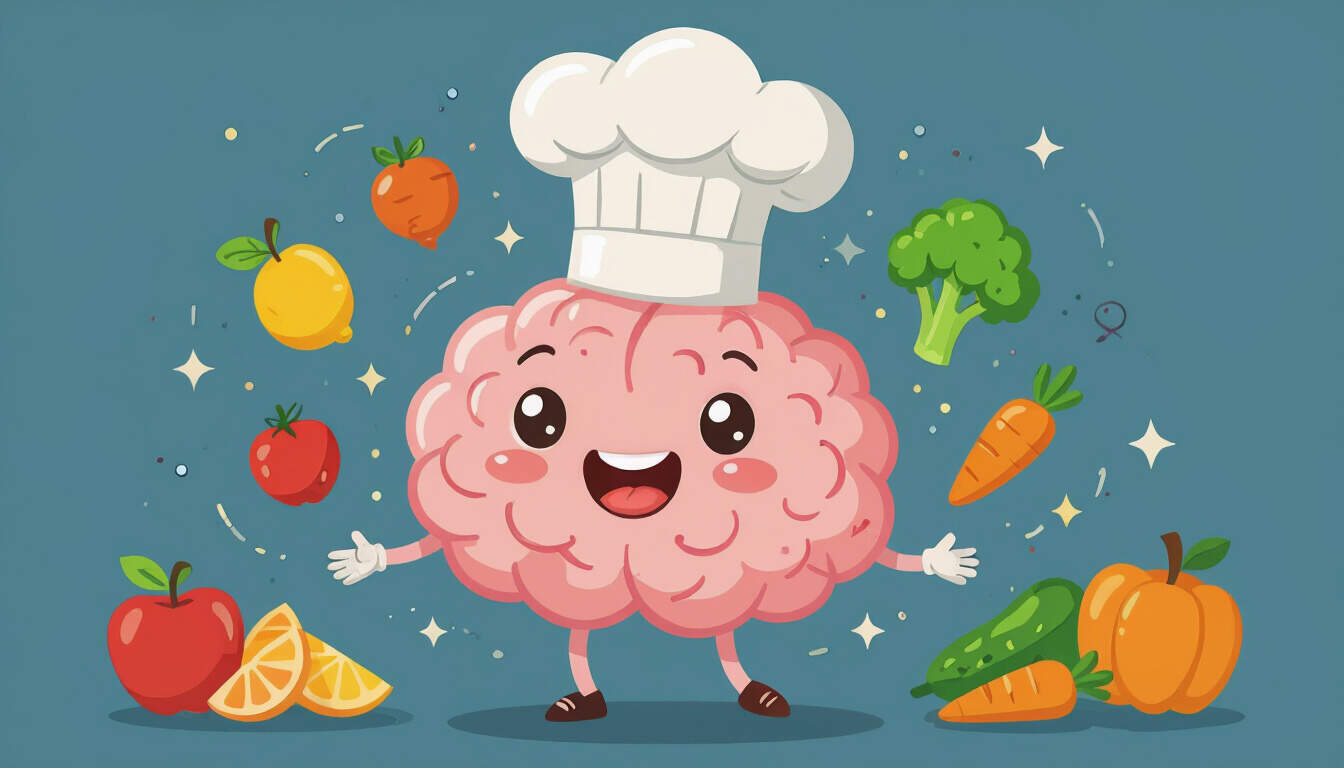Optimizing Mood with Strategic Diets
 by Verner Mayer
by Verner Mayer
Discover how specific diets can improve your mood and overall well-being through targeted nutrition. Explore foods rich in essential nutrients that support mental health, and learn ways to integrate technology for better results. This approach offers a path to enhanced daily life.

Diets play a crucial role in shaping our emotional state, offering ways to support mental health through everyday choices. For instance, consuming foods high in certain nutrients can lead to noticeable improvements in mood.
One key area to explore is the impact of nutrients on brain function. Foods rich in vitamins and minerals help maintain neurotransmitter balance, which is essential for emotional stability. For example, incorporating leafy greens and seeds into meals provides folate, a vital element for serotonin production.
In discussions of mood enhancement, omega-3 fatty acids often stand out due to their anti-inflammatory properties. Sources like fatty fish and flaxseeds contribute to reducing symptoms of low mood by supporting brain health. Beyond basics, some diets emphasize whole foods that naturally act as nootropics, enhancing cognitive function without synthetic aids.
Consider the Mediterranean diet as a practical example. This eating pattern, filled with fruits, vegetables, and healthy fats, has been linked to better emotional resilience. Olive oil and nuts in this diet supply antioxidants that protect brain cells, fostering a more positive outlook.
Technology adds another layer to this process. Wearable devices allow individuals to track physiological responses to different foods, making it easier to refine dietary habits. For example, a smart watch might monitor heart rate variability, indicating how a meal affects stress levels.
Focusing on specific foods, berries deserve attention for their high antioxidant content. Blueberries and strawberries can combat oxidative stress, a factor in mood fluctuations. Similarly, fermented foods like yogurt introduce probiotics that influence gut health, which in turn affects mood through the gut-brain connection.
Creating a balanced plate involves variety. Proteins such as turkey and eggs provide tryptophan, a precursor to serotonin, helping stabilize emotions. Pairing these with complex carbohydrates from whole grains ensures steady energy, preventing mood dips from blood sugar spikes.
Hydration is another overlooked aspect. Water intake supports overall bodily functions, including those related to mood regulation. Dehydration can lead to irritability, so maintaining adequate levels is key for optimal performance.
For those interested in personalization, experimenting with meal timing matters. Eating smaller, frequent meals can help sustain even mood throughout the day, avoiding the lows from large, infrequent ones.
Benefits of Mood-Enhancing Diets
Adopting these strategies yields multiple advantages. Improved sleep quality often follows from better nutrition, as certain foods promote restful nights. For example, magnesium-rich foods like spinach aid in relaxation, contributing to calmer evenings.
Social aspects also play a part. Sharing meals with nutrient-dense options can enhance relationships, as better mood leads to more positive interactions. Communities of wellness enthusiasts often share recipes that boost emotional health, creating a supportive environment.
Integrating Daily Routines
To make this actionable, start with simple changes. Begin by adding a serving of fatty fish to your weekly routine, noting any shifts in energy. Over time, build a journal of observations, perhaps using apps that sync with wearables for detailed tracking.
Physical activity complements dietary efforts. Combining a mood-supporting diet with regular movement amplifies benefits, as exercise releases endorphins that work alongside nutritional gains.
Challenges and Solutions
Not everyone sees immediate results, and individual responses vary. Factors like genetics influence how nutrients are processed, so patience is necessary. Testing different approaches, such as varying portion sizes, helps find what works best.
In summary, strategic diets offer a foundation for better emotional health, blending science with personal experimentation. By focusing on key foods and monitoring progress, individuals can achieve lasting improvements.
This method appeals to those seeking self-improvement, providing tools for a more vibrant life through informed choices.
